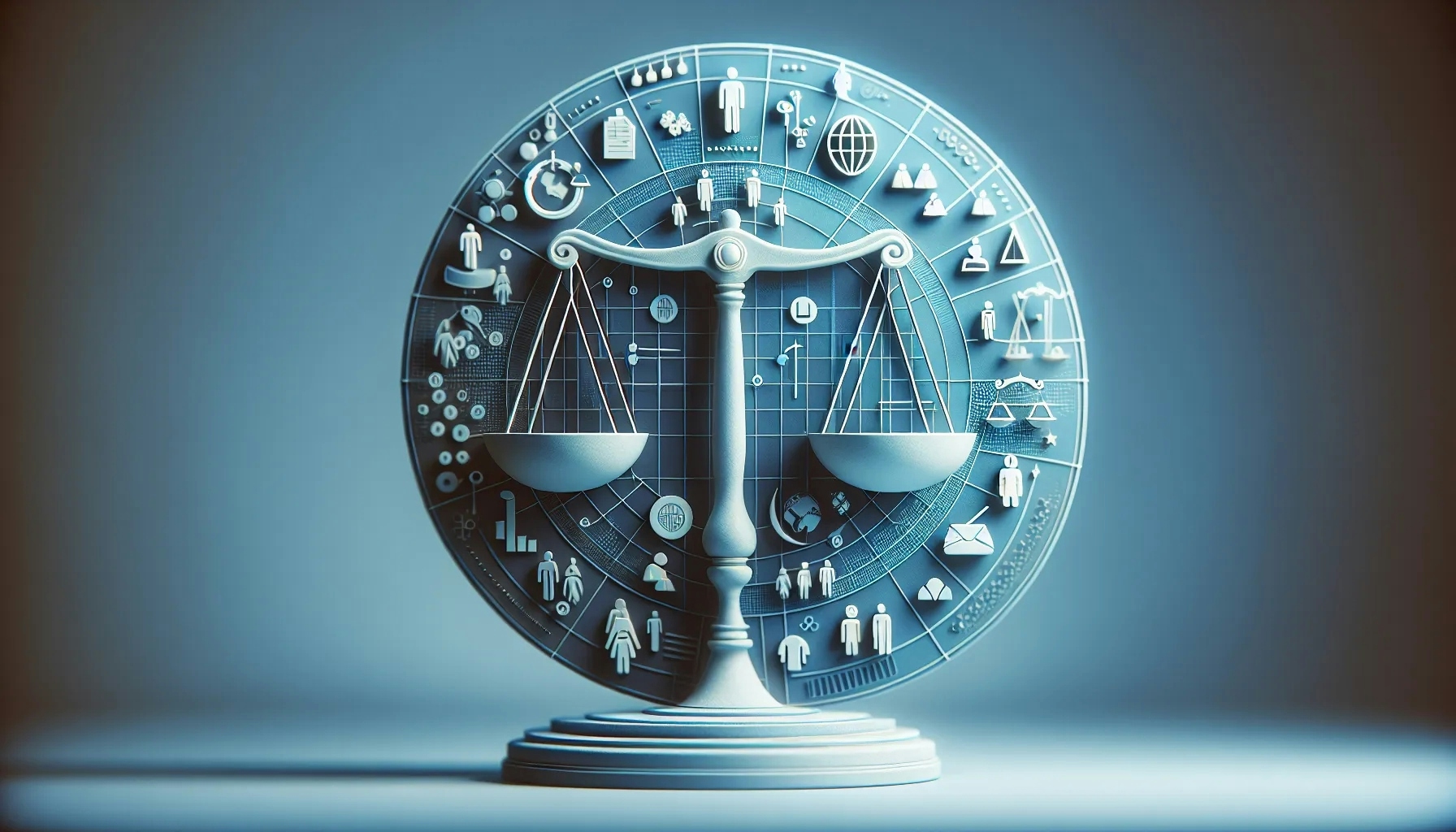Understanding the Role of Ethics in HR
HR Interviews

In the dynamic world of business, ethics play a pivotal role in shaping the corporate culture. This blog post aims to shed light on the importance of ethics in Human Resources (HR), a department that serves as the backbone of any organization. We will delve into the intricate relationship between ethics and HR, exploring how ethical considerations influence HR practices and policies.
The Intersection of Ethics and HR
Ethics and HR are two sides of the same coin. They intertwine in numerous ways, shaping the overall functioning of an organization. HR professionals are often at the forefront of ethical dilemmas, making decisions that impact the workforce and the company's reputation.
Ethical considerations in HR encompass a wide range of issues, from recruitment and selection to compensation and benefits. HR professionals must ensure fairness and transparency in these processes, upholding the organization's ethical standards. They must also foster an environment that promotes ethical behavior among employees, encouraging them to act with integrity and respect for others.
Ethics in HR is not just about adhering to laws and regulations. It's about going beyond legal requirements to create a culture of ethical conduct. This involves setting clear expectations for behavior, providing training on ethical issues, and implementing policies that support ethical decision-making.
Ethical Challenges in HR
HR professionals face a myriad of ethical challenges in their daily work. These challenges often arise from conflicting interests, ambiguous situations, and the pressure to meet organizational goals.
One of the most common ethical dilemmas in HR is the conflict between individual and organizational interests. HR professionals must balance the needs of employees with the objectives of the organization. This can be particularly challenging when dealing with sensitive issues such as layoffs or disciplinary actions.
Another ethical challenge in HR is maintaining confidentiality. HR professionals have access to sensitive information about employees, including their personal details and performance data. They must handle this information with utmost care, ensuring it is not misused or disclosed without proper authorization.
The Role of HR in Promoting Ethical Conduct
HR plays a crucial role in promoting ethical conduct within an organization. This involves creating a culture of ethics, implementing ethical policies, and providing guidance on ethical issues.
Creating a culture of ethics starts with setting the tone at the top. HR professionals must work with senior management to establish a clear ethical stance, demonstrating the organization's commitment to ethical conduct. They must also communicate this stance to all employees, ensuring they understand the importance of ethics in their work.
Implementing ethical policies is another key aspect of HR's role. These policies provide a framework for ethical decision-making, guiding employees on how to handle ethical dilemmas. HR professionals must ensure these policies are comprehensive, covering all potential ethical issues, and are regularly updated to reflect changes in the business environment.
The Impact of Ethics on HR Practices
Ethics has a profound impact on HR practices, influencing how HR professionals carry out their duties and interact with employees.
In recruitment and selection, ethics ensures fairness and transparency. HR professionals must treat all candidates equally, avoiding any form of discrimination. They must also provide accurate information about the job and the organization, ensuring candidates can make informed decisions.
In performance management, ethics promotes honesty and objectivity. HR professionals must provide constructive feedback, recognizing employees' achievements and addressing their shortcomings. They must also ensure the performance appraisal process is fair and unbiased, reflecting employees' true performance.
The Future of Ethics in HR
The future of ethics in HR looks promising, with organizations increasingly recognizing the importance of ethical conduct. However, this does not mean the journey will be easy. HR professionals will need to navigate new ethical challenges, adapt to changing business environments, and continue to uphold the highest ethical standards.
One of the key trends in the future of ethics in HR is the growing focus on diversity and inclusion. Organizations are striving to create diverse and inclusive workplaces, recognizing the value of different perspectives and experiences. HR professionals will play a key role in this endeavor, ensuring all employees are treated with respect and dignity.
The Role of Ethics in HR: A Recap
Ethics in HR is a complex and multifaceted topic, encompassing a wide range of issues and challenges. HR professionals play a crucial role in upholding ethical standards, making decisions that impact the workforce and the organization as a whole.
The role of ethics in HR involves promoting ethical conduct, implementing ethical policies, and guiding employees on ethical issues. It also involves navigating ethical dilemmas, balancing individual and organizational interests, and maintaining confidentiality.
The impact of ethics on HR practices is profound, influencing how HR professionals carry out their duties and interact with employees. The future of ethics in HR looks promising, with a growing focus on diversity and inclusion and a continued commitment to ethical conduct.
Wrapping Up: The Indispensable Role of Ethics in HR
In conclusion, ethics is an integral part of HR, shaping the way HR professionals work and the culture of the organization. It influences every aspect of HR, from recruitment and selection to performance management. As we move forward, the role of ethics in HR will continue to evolve, presenting new challenges and opportunities. It is up to HR professionals to navigate this landscape, upholding the highest ethical standards and fostering a culture of ethical conduct.